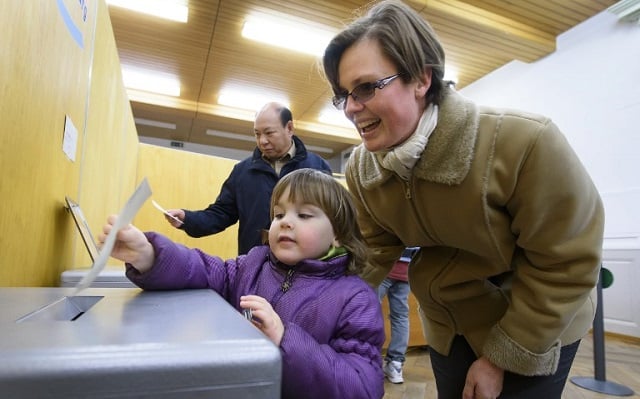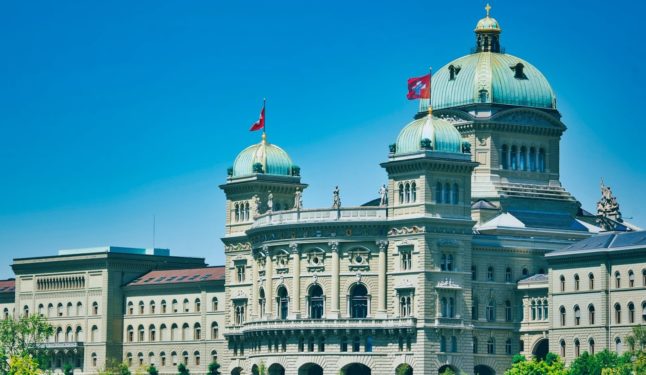The cantons of St Gallen and Aargau will be able to resume e-voting, joining six other cantons which already offer the system. Online voting was used previously in St Gallen and Aargau between 2010 and 2015, when the government banned the practice before that year's general election, due to security loopholes.
During that time, both cantons used the Vote électronique system which involved a total of nine cantons before the government withdrew its authorization.
The Organization for Swiss Residents Abroad (OSE) at the time said the decision was “a blow” to its members, noting that overseas residents are the primary users of e-voting as postal votes “often arrive too late”.
READ ALSO: Ten things you need to know about the Swiss political system
Now, St Gallen and Aargau will use a system called CHVote, which was developed by Geneva and already in place in Bern, Lucerne, and Basel-City. In addition to those cantons, Fribourg and Neuchâtel also give voters the chance to cast their ballot online.
Between 2010 and 2015, e-voting was an option for Swiss citizens abroad in St Gallen and Aargau, but the new system will also be opened up to some voters resident in Switzerland. Residents of five St Gallen municipalities will be eligible for online voting, the government said.
Switzerland has set itself an objective of allowing e-voting in two thirds of its 26 cantons by the time of the 2019 election, meaning it will have to double the current number in the next two years.
In the last federal election in 2015, 30 percent of eligible voters, approximately 34,000 people, benefited from e-voting. Then, just four cantons were able to use the system, because of the security problems in the Vote électronique system.
In September's votes, more than 100,000 Swiss residents will be able to cast their votes online, as well as over 75,000 Swiss abroad.
READ ALSO: Valais investigates fraud claims in recent cantonal election



 Please whitelist us to continue reading.
Please whitelist us to continue reading.
Member comments